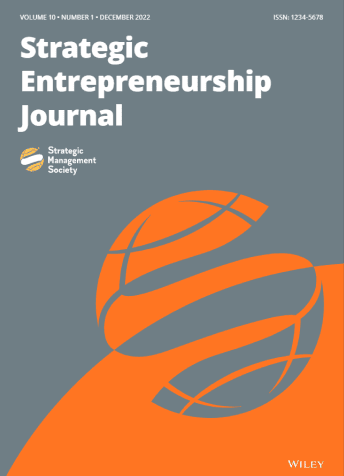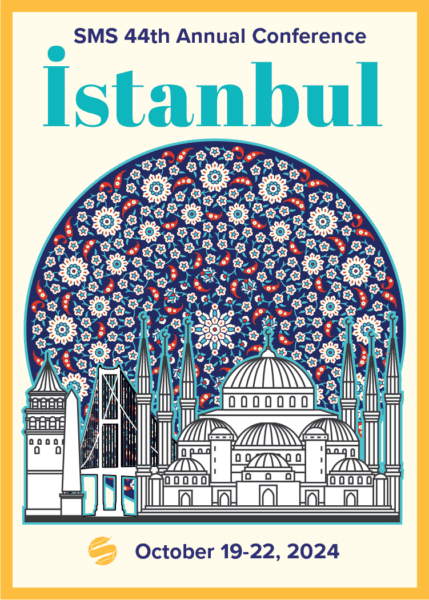Governance & Leadership
The perception and negotiation abilities of more charismatic CEOs result in higher IPO prices and smaller offer price ranges for their firms, according to new research published in Strategic Entrepreneurship Journal.…
Read MoreAfter extensive engagement with many stakeholders of SMS and incorporating a detailed analysis of key issues identified by top global consulting firms plus consultation with leading global executives and business…
Read MoreVoicing one’s political view is no longer a taboo. People’s political ideologies pervade almost every aspect of their lives. For example, researchers have identified that people choose to associate with…
Read MoreIn sales, you’re often selling yourself as much as you’re selling the product — and new research published in the Strategic Entrepreneurship Journal suggests the same holds true for IPOs.…
Read MoreCorporate governance decisions, like CEO dismissal, can disrupt organizations. As a result, the board of directors treads with caution while making such decisions. Previous research suggests that boards rely on…
Read MoreBy J Katherine Bahr CEOs have long been criticized for their tendency toward the dark triad of personality traits: narcissism, psychopathy and Machiavellianism. Ample research shows that dark triad traits endanger…
Read MoreHigh inter-unit competition worsens the situation as narcissistic executives are concerned with their sense of superiority and uniqueness; however, high environmental complexity or dynamism can combat such negative effects as…
Read More
